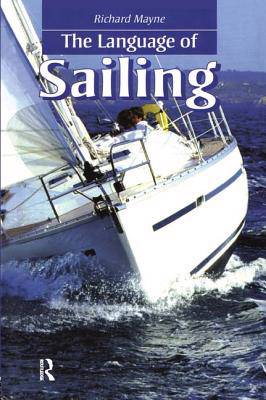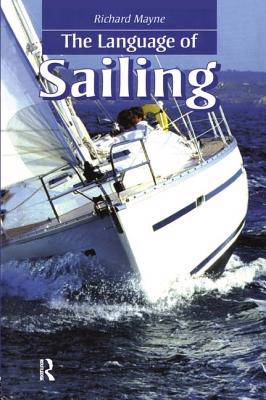
- Afhalen na 1 uur in een winkel met voorraad
- Gratis thuislevering in België vanaf € 30
- Ruim aanbod met 7 miljoen producten
- Afhalen na 1 uur in een winkel met voorraad
- Gratis thuislevering in België vanaf € 30
- Ruim aanbod met 7 miljoen producten
Zoeken
Omschrijving
There have been many dictionaries explaining to laymen the technical terms of sailing. None of them, until now, has systematically set out to explore their etymology and evolution. The Language of Sailing demonstrates that many of the American and British words in question are derived-- often in complex and controversial ways--from other languages, mainly European. The diction of the sea, in fact, is a huge and hybrid skein, much of it traceable as far back as Sanskrit. It reveals that seafaring knitted Europeans together, sometimes in conflict and rivalry, often also in comradeship, when sailing crews could be as multinational as today's international conglomerates. The Language of Sailing is not intended simply for the entertainment of sailors and scholars. Anyone interested in the literature of the sea will find here an unusual and suggestive resource.
Specificaties
Betrokkenen
- Auteur(s):
- Uitgeverij:
Inhoud
- Aantal bladzijden:
- 370
- Taal:
- Engels
Eigenschappen
- Productcode (EAN):
- 9781579582784
- Verschijningsdatum:
- 1/06/2000
- Uitvoering:
- Hardcover
- Formaat:
- Genaaid
- Afmetingen:
- 145 mm x 228 mm
- Gewicht:
- 625 g

Alleen bij Standaard Boekhandel
+ 610 punten op je klantenkaart van Standaard Boekhandel
Beoordelingen
We publiceren alleen reviews die voldoen aan de voorwaarden voor reviews. Bekijk onze voorwaarden voor reviews.







